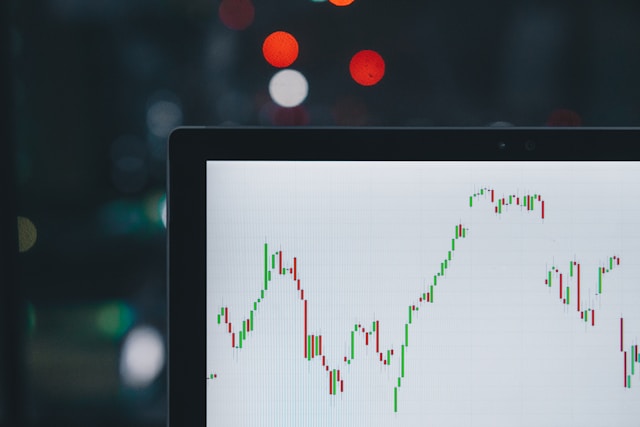Visa Stock Analysis: Is Visa a Strong Opportunity Ahead of Q4 Earnings?
$325.48
28 Jan 2026, 19:25

Unsplash.com

Asian stock markets showed a mixed performance on Wednesday as Chinese equities declined due to renewed U.S.-China trade tensions. Meanwhile, investors analysed stronger-than-expected inflation figures from South Korea and the Philippines.
US Tech Stocks Weigh on Futures Amid Disappointing Earnings
U.S. stock index futures traded lower during the Asian session, pressured by losses in technology stocks. The downturn followed underwhelming earnings from Google’s parent company, Alphabet, which dented investor sentiment.
Chinese markets resumed trading after the extended Lunar New Year break, reopening to the impact of fresh U.S. tariffs. President Donald Trump recently imposed a 10% levy on Chinese imports, adding fuel to trade tensions.
As a result, China’s Shanghai Composite slipped 0.4% on Monday, while the Shanghai Shenzhen CSI 300 index declined by 0.3%. Hong Kong’s Hang Seng index suffered a sharper fall, dropping 1%.
In response, China introduced retaliatory tariffs on U.S. goods, including a 15% duty on coal and liquefied natural gas, alongside a 10% levy on crude oil, farm equipment, and select vehicles. These new tariffs are slated to take effect on February 10, 2025.
Despite growing calls for high-level discussions to ease tensions, President Trump indicated he was in no rush to engage in talks with Chinese President Xi Jinping. This stance has heightened uncertainty regarding a potential resolution to the trade dispute, keeping global markets on edge.
As tensions escalate, investors fear the possibility of a full-scale trade war between the world's two largest economies, which could have far-reaching consequences for global economic stability.
Investors also closely monitored regional inflation data. South Korea’s consumer price index (CPI) rose over 2% year-on-year in January, marking the first instance in five months that inflation has surpassed this critical level.
The increase was largely attributed to a weakened local currency, which drove up import costs. This unexpected inflation spike may prompt the Bank of Korea (BOK) to maintain its current interest rates for an additional month despite ongoing political uncertainty.
However, despite inflation concerns, South Korea’s KOSPI index climbed 1.1%, driven by gains in e-commerce stocks amid renewed optimism surrounding artificial intelligence (AI) advancements.
(Sources: investing.com, reuters.com, ChatGPT)